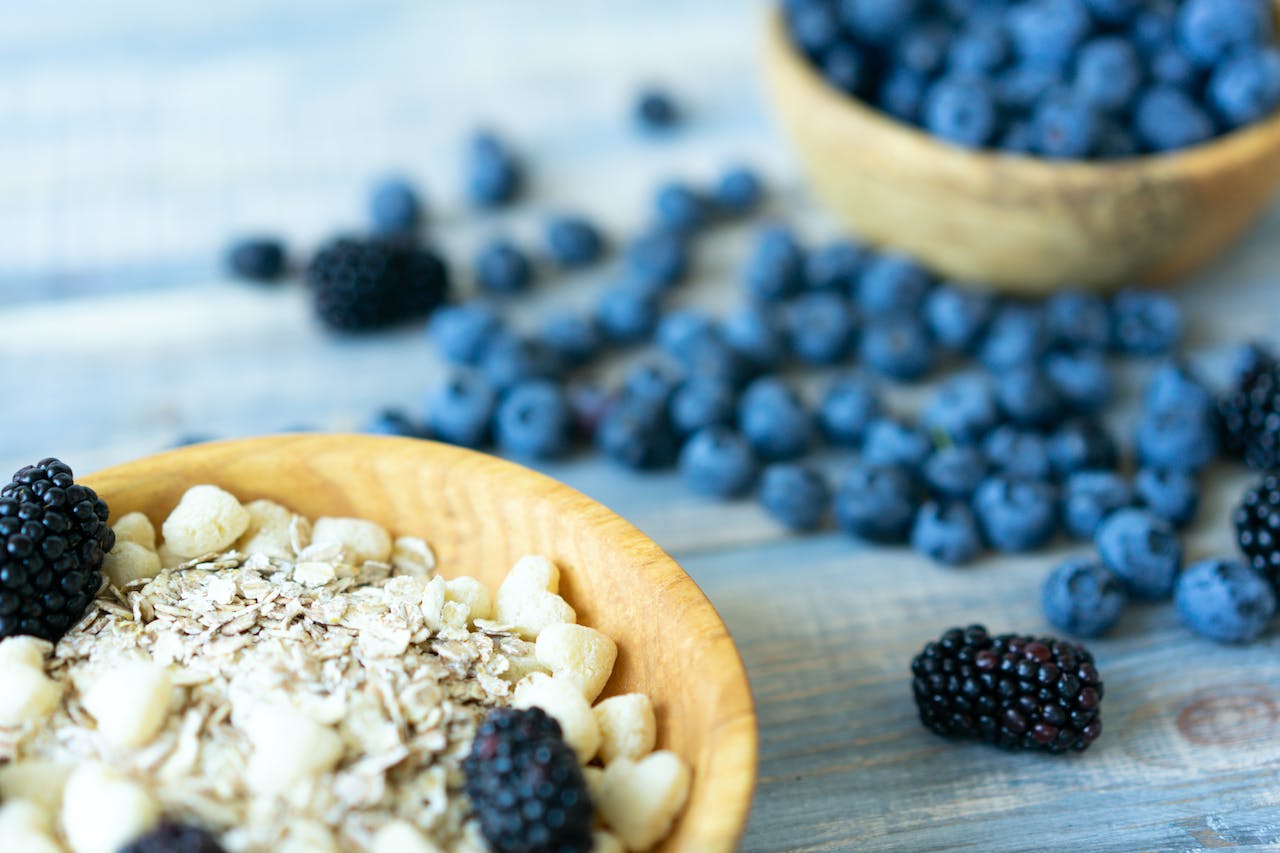The Comprehensive Guide to a Chronic Kidney Diet
Chronic kidney disease (CKD) demands meticulous attention to dietary choices, as what you eat plays a pivotal role in managing the condition and maintaining overall health. This guide is designed to provide you with a comprehensive understanding of the Chronic Kidney Diet, exploring various aspects from dietary restrictions to meal planning and nutritional considerations.
Understanding Chronic Kidney Disease
Before delving into the intricacies of a chronic kidney diet, it's crucial to grasp the fundamentals of chronic kidney disease itself. CKD is a progressive condition wherein the kidneys gradually lose their ability to function effectively. As kidney function declines, waste products and fluids accumulate in the body, leading to a range of health complications.
Stages of Chronic Kidney Disease
CKD is categorized into five stages based on the Glomerular Filtration Rate (GFR), which measures how effectively the kidneys are filtering waste from the blood. Understanding the stage of CKD is vital for tailoring a suitable diet plan.
Dietary Restrictions in Chronic Kidney Disease
Sodium Intake
Sodium plays a significant role in fluid balance and blood pressure regulation. In CKD, excessive sodium can contribute to fluid retention and hypertension. Maintaining a low-sodium diet is crucial to manage these risks.
Phosphorus and Calcium Balance
The imbalance of phosphorus and calcium can lead to mineral and bone disorders in CKD patients. Foods rich in phosphorus, such as dairy products and nuts, should be moderated, while ensuring an adequate intake of calcium.
Potassium Management
Kidneys regulate potassium levels in the body, and impaired kidney function can disrupt this balance. Controlling potassium intake is essential to prevent complications like irregular heartbeats.
Protein Restriction
In advanced stages of CKD, protein restriction may be recommended to reduce the workload on the kidneys. However, striking a balance between adequate protein intake and avoiding excessive strain on the kidneys is crucial.
Crafting a Balanced Chronic Kidney Diet
Incorporating High-Quality Proteins
While protein restriction is essential, ensuring that the protein comes from high-quality sources is equally important. Opt for lean meats, poultry, fish, and eggs to provide essential amino acids without overburdening the kidneys.
Choosing Low-Phosphorus Foods
Navigating the grocery aisles with CKD involves strategic choices. Selecting low-phosphorus alternatives, such as fresh fruits and vegetables, and limiting processed foods can contribute to better phosphorus control.
Focusing on Healthy Fats
Healthy fats, such as those found in olive oil, avocados, and nuts, can be beneficial for CKD patients. These fats provide a valuable source of energy without negatively impacting kidney function.
Hydration and Fluid Management
Balancing fluid intake is crucial for individuals with CKD. While staying hydrated is essential, excessive fluid retention can strain the kidneys. Monitoring fluid intake, including soups and fruits, is an integral aspect of a chronic kidney diet.
Meal Planning for Chronic Kidney Disease
Creating Nutrient-Dense Meals
Crafting nutrient-dense meals ensures that CKD patients receive essential vitamins and minerals without compromising on dietary restrictions. Emphasize a variety of colorful fruits and vegetables to provide a spectrum of nutrients.
Portion Control and Frequency
Managing portion sizes is key in preventing overconsumption of nutrients that may strain the kidneys. Additionally, spreading meals throughout the day can help maintain a consistent intake of nutrients without overwhelming the kidneys at any given time.
Collaborating with Healthcare Professionals
A chronic kidney diet should always be tailored to an individual's specific health needs. Collaborating with healthcare professionals, including dietitians and nephrologists, ensures a personalized approach that aligns with the unique requirements of each CKD patient.
Conclusion
Adopting a chronic kidney diet is a proactive step towards managing the progression of CKD and promoting overall well-being. By understanding the nuances of dietary restrictions, making informed food choices, and collaborating with healthcare professionals, individuals with CKD can empower themselves to lead a healthy and fulfilling life. Always consult with your healthcare team for personalized guidance on managing your chronic kidney disease through diet and lifestyle modifications.
